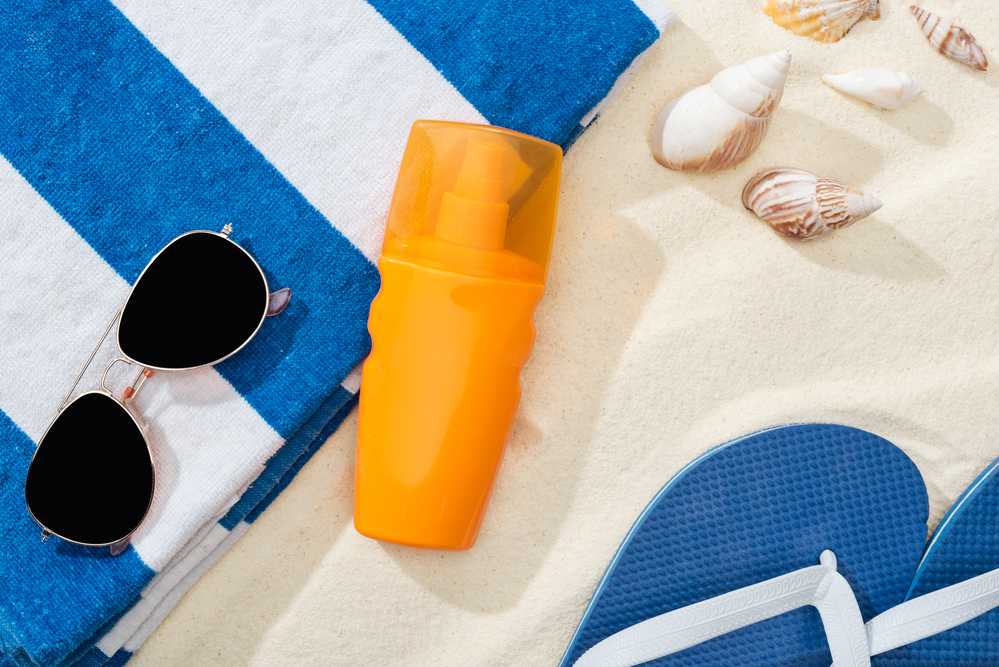Every now and again someone asserts something that sounds so intrinsically odd that people cannot help believing it is true. Take sunglasses and sunburn, for example. Have you ever heard that wearing sunglasses increases your chances of sunburn? If it sounds just odd enough to be true, think again. It’s not.
The logic behind this myth is a misunderstanding of how the body produces melanin, that substance that gives skin its color. Those who promote the myth claim that the brain only knows to produce melanin based on what the eye sees. As such, protecting the eyes with sunglasses leaves them less exposed to natural sunlight and, as a result, the brain produces less melanin.
How It Really Works
It is quite likely that the person who started the myth confused melanin with melatonin. Again, melanin is essentially the pigment in human skin. Melatonin is a hormone produced by the pineal gland. It plays a significant role in the human sleep-wake cycle. People who suffer from insomnia are sometimes treated with supplemental melatonin.
Unlike melanin, melatonin production can be influenced by the amount of visible light entering the eye. This is why people who consistently work the graveyard shift may have trouble with sleep patterns. The same is true for people who work rotating shifts. The human brain relies on darkness to tell the body it is sleepy. Throw off a person’s exposure to sunlight and his or her ability to sleep can be thrown off as well.
As for the skin, melanin production is not influenced by the eyes. Melanin is produced upon exposure of the skin to direct sunlight and UV rays. The more time you spend outdoors, the more melanin your body will produce. Melanin is a natural defense against the sun.
Melanin and Skin Cancer

As long as we are talking about melanin, let us also talk about skin cancer. There has been considerable debate over the years as to whether or not using sunscreen really does reduce the chances of getting cancer. The problem is that there is very little scientific evidence one way or the other. The only thing we know for certain is that skin cancer rates continue to climb as they have ever since sunscreen was introduced.
According to a 2018 study conducted by researchers at the Dermatology Department of the University of Connecticut Health Center, Farmington, only four studies had been done, to date, looking into the effects of sunscreen on cancer rates.
While it’s true that the FDA has approved the chemicals found in sunscreen and, in so doing, found that they don’t cause cancer in and of themselves, none of the four studies conclusively proved that wearing sunscreen actually reduces a person’s chances of getting cancer.
So, does sunscreen really work? The jury is still out. But it is worth considering the following possibility: sunscreen might not be as helpful as it would seem due to the fact that blocking UV rays also prevents the body from producing melanin. If melanin is the best defense human beings have against UV light, it makes no sense to prevent the body from making it.
Sunglasses Do Protect the Eyes
While the idea of wearing sunglasses increases a person’s chances of getting sunburn is a myth, it is true that sunglasses protect the eyes. Salt Lake City’s Olympic Eyewear explains that preventing eye damage is the number one reason for wearing sunglasses. A good pair rated at UV 300 or higher reduce the risks of macular degeneration, sunburn of the eyes, and other sun-related conditions. That much we know.